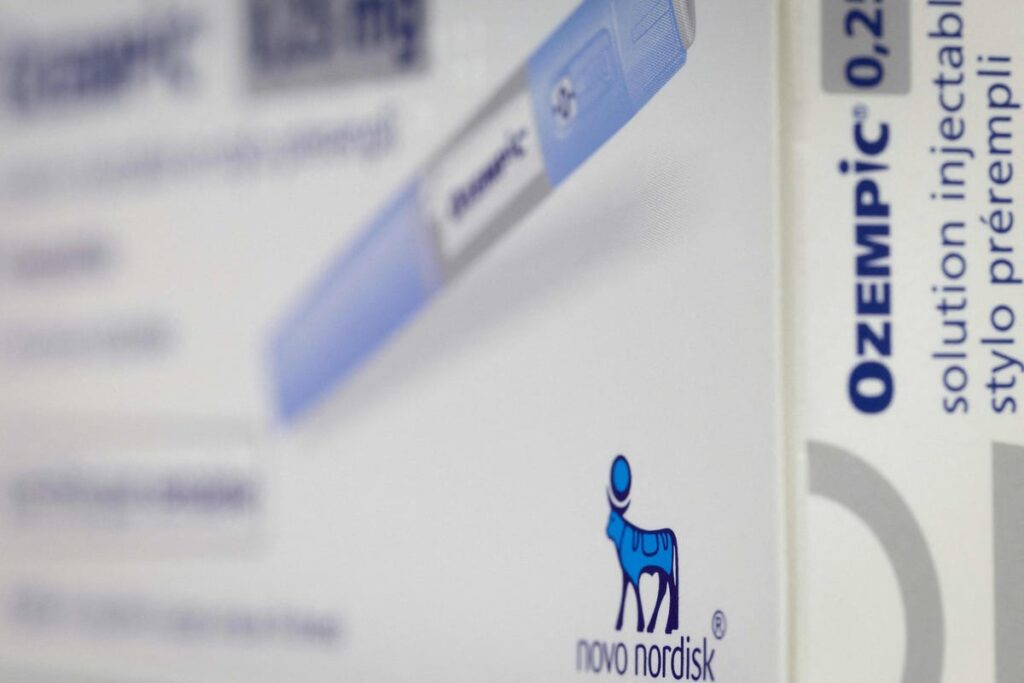When approved in 2017, Novo Nordisk’s Ozempic was recognized as an important new drug to treat diabetes. However, its popularity has surged recently not due to its blood sugar regulating effects but rather for its ability to help people lose weight. In fact, Novo Nordisk launched a higher dose of the active ingredient in Ozempic, known as semaglutide, as Wegovey in 2021. Both drugs when injected weekly have produced weight loss on the order of 15 – 18%. In our weight-conscious society, these dramatic weight loss results have caused a frenzy with all sorts of people, including non-diabetics and people who don’t qualify as being significantly overweight, trying to access them. This has resulted in temporal shortages with those truly in need of these drugs not able to get them.
(Photo by JOEL SAGET / AFP) (Photo by JOEL SAGET/AFP via Getty Images)
Not surprisingly, people have now turned to Canada. Americans are flocking to pharmacies in search of these weight-loss drugs. The demand has been such that British Columbia has recently announced that it will limit sales of Ozempic only to Canadian residents. As announced by British Columbia’s minister of health, Adrian Dix: “The purpose of procuring the drug Ozempic for British Columbia is not to turn around and export it to Americans. It is to make sure that patients in British Columbia and Canada requiring the drug to treat their Type 2 diabetes can continue to access it.” Dix’s concerns are not imaginary. In the first two months of 2023, 15% of the roughly 16,000 Ozempic prescriptions filled were sold to U.S. residents. The average proportion of other drugs sold to Americans was a mere 0.4%.
For now, this issue is confined to Ozempic. But, this step being taken by British Columbia portends what will likely happen should other attempts be made to import drugs from Canada. At least four states (Florida, Colorado, New Mexico and New Hampshire) have enacted laws to allow importation of drugs from Canada in an attempt to lower drug prices. Other states are likely to follow. The FDA has yet to act on the states’ plan for doing this, but President Biden has expressed that this be given close attention.
However, should the FDA approve such a measure, one can’t expect Canada to sit by and to allow this to proceed. Imagine if the British Columbia experience were to now occur across all drug classes and that, instead of 0.4% of Canadian prescriptions going to Americans, the number now soars to 15%. The shelves of Canadian pharmacies would quickly be depleted. Furthermore, drug manufacturers aren’t going to suddenly ship more drugs to Canada so that they can be reshipped to the U.S. at lower prices. Manufacturers will limit supplies to Canada to the levels that were sold before U.S. re-importation began. The Canadian government would then be faced with drug shortages for its own population. Clearly, Canada would find such a situation untenable and the steps now being taken by British Columbia for Ozempic would be adopted across Canada.
It’s pretty clear that getting prescription drugs from Canada is a non-starter. Let’s not waste time and effort on such an option.


